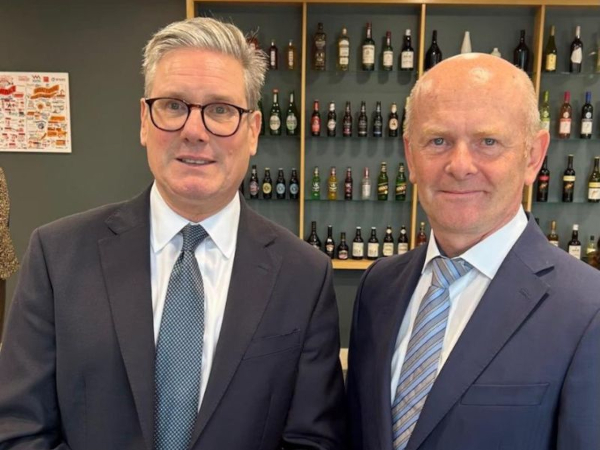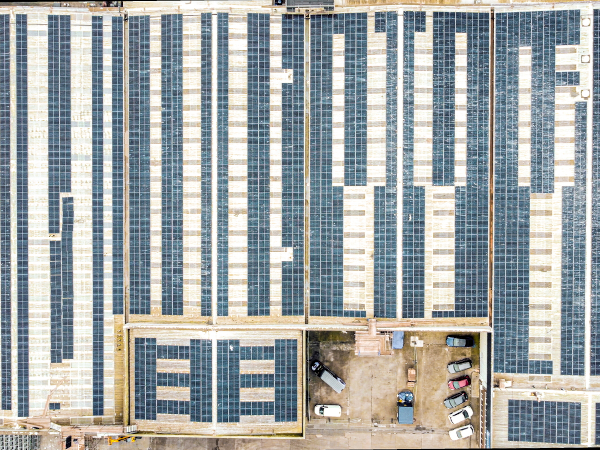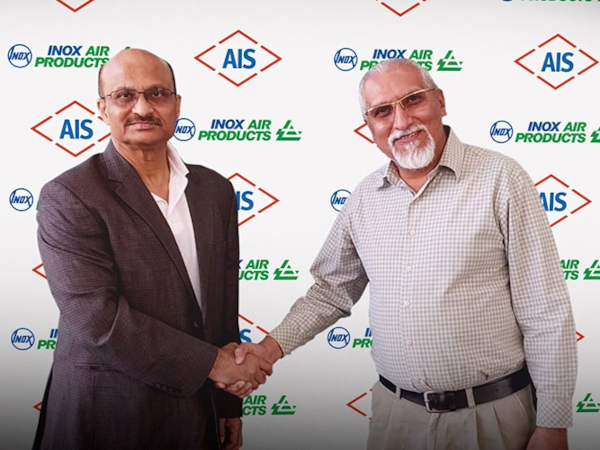Date: 21 December 2007
Reducing greenhouse gas emissions demonstrates our corporate-wide commitment to improving the global environment and increasing the efficiency of our operations,” said James A.Trainham, PPG vice president, science and technology. “PPG is working to improve its performance in the United States and to extend its goals to all global operations.”
PPG previously committed to reducing its GHG emission intensity from sources in the United States by 18 percent by 2012 from a 2002 baseline. It achieved this mark in 2006, six years earlier than the projected date.
In addition to taking action to reduce emissions, PPG continues to improve its energy efficiency. The company has reduced its energy use by just over 1 percent annually for the last five years, saving about $40 million overall, and meeting its new energy savings goal would realize a savings of $15 to $20 million a year at today's energy prices.
In its largest chemical plant at Lake Charles, La., PPG already has seen a 25-percent annual energy savings by producing chlorine with a new membrane process installed last summer.
Also this year, the Sierracin/Sylmar Corp. aerospace subsidiary’s facility in Sylmar, Calif., replaced 2,463 lighting fixtures, cutting electrical use from 2.1 million kilowatt-hours (kwh) per year to 780,000 kwh per year and saving more than $132,000 annually. The new fixtures also generate less heat, saving an additional $21,500 annually on air conditioning costs.
Throughout its operations, PPG actively pursues initiatives that support regional sourcing, reduce the environmental impact of packaging, make products easier to recycle or dispose of, and encourage the use of alternative energy.
In addition to reducing its own energy-related costs and impacts, PPG makes products that help commercial builders and homeowners to conserve energy. PPG EcoLogical Building Solutions, a line of environmentally-progressive building products, includes a wide range of energy-efficient coated and tinted glasses for commercial and residential construction as well as ENERGY STAR- and volatile organic compound (VOC)-compliant, high-performance coatings and paints.
For example, Solarban 70XL glass by PPG can help cut energy use and significantly reduce a building’s energy-related carbon dioxide (CO2) emissions. Software provided by the U.S. Department of Energy (DOE) showed the use of Solarban 70XL glass for dual-pane, tinted glass in a standard, window-walled, eight-story office building could reduce annual CO2 emissions by more than 500 tons, or more than 20,000 tons over the building’s life cycle – equivalent to removing more than 4,000 passenger cars from the road each year.
Duranar SPF coatings by PPG help buildings weather the elements, brightening metal roofs and increasing reflection of the sun’s infrared (IR) radiation. The IR reflection helps cool the building, in turn reducing air conditioning costs for commercial and residential construction and increasing comfort levels for building occupants. Duranar SPF coatings meet ENERGY STAR reflective roof requirements.
In support of its operational and product efforts, PPG is active in the Environmental Protection Agency (EPA) Climate Leaders program and was recently recognized by the EPA for setting new GHG emission reduction goals. Also, PPG is an ENERGY STAR Partner, supporting the joint program of the EPA and DOE by using energy-management systems to measure energy utilization throughout its processes and setting specific goals and action plans to meet energy-reduction goals. PPG is also a member of the Alliance to Save Energy, a national coalition of companies that promotes energy efficiency worldwide to achieve a healthier economy, a cleaner environment and greater energy security.







Add new comment